 It’s not unusual for young people to experience “the blues” or feel “down in the dumps” occasionally. Adolescence is always an unsettling time, with the many physical, emotional, psychological and social changes that accompany this stage of life.
It’s not unusual for young people to experience “the blues” or feel “down in the dumps” occasionally. Adolescence is always an unsettling time, with the many physical, emotional, psychological and social changes that accompany this stage of life.
Unrealistic academic, social, or family expectations can create a strong sense of rejection and can lead to deep disappointment. When things go wrong at school or at home, teens often overreact. Many young people feel that life is not fair or that things “never go their way.” They feel “stressed out” and confused. To make matters worse, teens are bombarded by conflicting messages from parents, friends and society. Read more ›
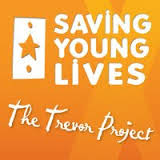 Founded in 1998 by the creators of the Academy Award®-winning short film TREVOR, The Trevor Project is the leading national organization providing crisis intervention and suicide prevention services to lesbian, gay, bisexual, transgender and questioning (LGBTQ) young people ages 13-24. Read more ›
Founded in 1998 by the creators of the Academy Award®-winning short film TREVOR, The Trevor Project is the leading national organization providing crisis intervention and suicide prevention services to lesbian, gay, bisexual, transgender and questioning (LGBTQ) young people ages 13-24. Read more ›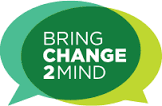
 Bring Change 2 Mind (BC2M)
Bring Change 2 Mind (BC2M)
 The Jed Foundation (JED) empowers teens and young adults with the skills and support to grow into healthy, thriving adults. JED believes in a comprehensive, public health approach to promoting emotional and mental health and preventing suicide.
The Jed Foundation (JED) empowers teens and young adults with the skills and support to grow into healthy, thriving adults. JED believes in a comprehensive, public health approach to promoting emotional and mental health and preventing suicide.
 Every day, Californians struggle with emotional pain. Pain isn’t always obvious, but most suicidal people show some signs that they are thinking about suicide. If you see even one warning sign, step in or speak up. Take the time to learn what to do now, so you’re ready to be there for a friend or loved one when it matters most. You have the power to make a difference – the power to save a life.
Every day, Californians struggle with emotional pain. Pain isn’t always obvious, but most suicidal people show some signs that they are thinking about suicide. If you see even one warning sign, step in or speak up. Take the time to learn what to do now, so you’re ready to be there for a friend or loved one when it matters most. You have the power to make a difference – the power to save a life. 
 Project UROK
Project UROK 

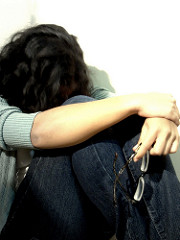
 Trying to tell the difference between what expected behaviors are and what might be the signs of a mental illness isn’t always easy. There’s no easy test that can let someone know if there is mental illness or if actions and thoughts might be typical behaviors of a person or the result of a physical illness.
Trying to tell the difference between what expected behaviors are and what might be the signs of a mental illness isn’t always easy. There’s no easy test that can let someone know if there is mental illness or if actions and thoughts might be typical behaviors of a person or the result of a physical illness.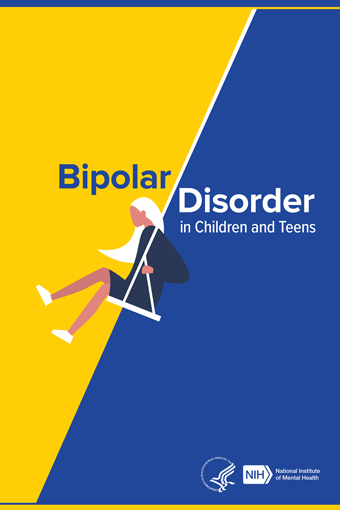
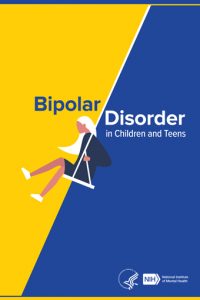 Does your child go through extreme changes in mood and behavior? Does your child get much more excited or much more irritable than other kids? Do you notice that your child goes through cycles of extreme highs and lows more often than other children? Do these mood changes affect how your child acts at school or at home?
Does your child go through extreme changes in mood and behavior? Does your child get much more excited or much more irritable than other kids? Do you notice that your child goes through cycles of extreme highs and lows more often than other children? Do these mood changes affect how your child acts at school or at home? 
 Suicides affect millions every year, and the
Suicides affect millions every year, and the 
 It’s not unusual for young people to experience “the blues” or feel “down in the dumps” occasionally. Adolescence is always an unsettling time, with the many physical, emotional, psychological and social changes that accompany this stage of life.
It’s not unusual for young people to experience “the blues” or feel “down in the dumps” occasionally. Adolescence is always an unsettling time, with the many physical, emotional, psychological and social changes that accompany this stage of life.

